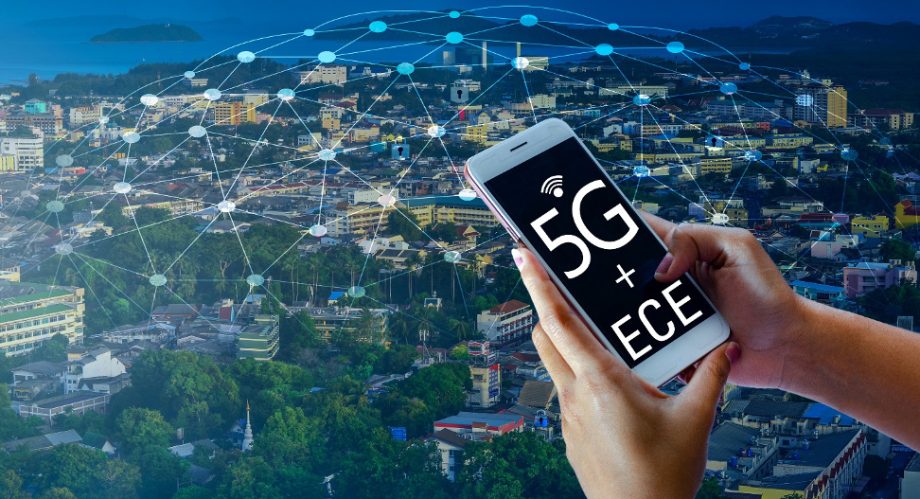The Rise of Next-Generation Mobile Networks
As the world embraces 5G and eyes 6G on the horizon, mobile technology is entering a pivotal era. Faster download speeds, lower latency, and edge computing are enabling new possibilities—from augmented reality (AR) to real-time holographic communication. Telecom companies around the globe are investing heavily in infrastructure upgrades. For countries that succeed, mobile tech becomes a strategic advantage in commerce, security, and digital services.
Yet deploying 5G is not just a matter of building towers and antennas. Spectrum allocation, backhaul networks, and energy consumption all present engineering and economic challenges. Some rural or developing regions struggle to keep pace, risking a widening digital divide. QuickMobileTech.com readers should watch how nations balance innovation with inclusion.
Global Competition Over Mobile Supremacy
Mobile technology is now a battleground in geopolitical rivalry. The United States, China, South Korea, and the European Union are competing fiercely over control of 5G and the emerging 6G standards. China’s Huawei has led in infrastructure deployment in many developing nations, prompting concerns from Western governments about security and surveillance.
U.S. policy has responded with restrictions on Chinese telecom equipment and incentives for domestic chip manufacturing and telecom infrastructure. Meanwhile, the EU strives to maintain technological sovereignty by supporting local providers and regulating foreign influence in critical networks. The outcome of this competition will define which nations lead in digital economy and security.
Celebrity Investments and Mobile Innovation
Celebrities are increasingly entering the mobile tech space—not just as endorsers but as investors and collaborators. Artists, athletes, and entertainers are investing in startups focusing on next-gen communication, AR hardware, and mobile apps. Their involvement brings capital, media visibility, and cultural influence to emerging technologies.
When a well-known figure backs a mobile startup, it helps legitimize its credibility in consumer eyes. Fans become early adopters, and media attention follows. This crossover between entertainment and tech accelerates adoption cycles and drives consumer expectations. For quickmobiletech.com, tracking celebrity-led mobile ventures provides insight into cultural trends as well as technical innovation.
Regulatory Hurdles and Ethical Concerns
As mobile networks grow more powerful, demands for regulation intensify. Issues of data privacy, network surveillance, and content censorship are central. Governments are asserting their authority over digital traffic, sometimes mandating local data storage or restricting cross-border information flow.
Telecom firms also must confront net neutrality debates, where equitable access to network capacity is at stake. In many countries, regulators are investigating how mobile carriers throttle speeds or discriminate among services. Ethical questions arise: Who controls mobile infrastructure, and whose values guide smartphone algorithms and access?
Technology Trends Shaping Mobile’s Future
The next wave in mobile tech is not just about speed. It’s about integration with AI, cloud, and the Internet of Things (IoT). Smartphone manufacturers are embedding more AI functions — on-device voice assistants, context-aware interfaces, predictive battery management, and more.
Edge computing is enabling low-latency services, such as real-time translation, AR overlays for navigation, and collaborative virtual environments. Meanwhile, advances in materials and battery technology hint at foldables, rollables, and even transparent displays becoming more practical and mainstream.
Mobile networks will also power autonomous vehicles, smart cities, and remote healthcare — making mobile carriers central to national infrastructure, rather than just consumer utilities.
The Global Mobile Ecosystem and Emerging Markets
Emerging markets offer the greatest growth potential for mobile tech. Countries in Africa, Latin America, and South Asia are witnessing rapid smartphone adoption, often skipping older technologies (like 2G/3G) and jumping directly to 4G/5G.
For telecom companies and hardware manufacturers, success in these markets depends on affordable devices, localized apps, and intuitive user experiences. Local partnerships, regulatory compliance, and community trust are crucial. The winners will be those who tailor technology to cultural contexts, not those who simply export high-end devices.
FAQs
What advantages does 5G offer over 4G?
5G offers higher download/upload speeds, lower latency, better reliability, and the ability to connect many more devices simultaneously.
Why is mobile tech central to global competition?
Because control over network infrastructure influences security, economic advantage, and digital sovereignty.
Do celebrities really impact mobile tech adoption?
Yes — when celebrities invest in or endorse mobile ventures, it accelerates awareness, trust, and user interest.
What are the major regulatory concerns for mobile networks?
Data privacy, surveillance, net neutrality, content censorship, and infrastructure control are at the forefront.
How will mobile tech evolve beyond smartphones?
Through integration with AI, edge computing, foldable displays, AR/VR, and deep embedding into urban infrastructure.
Conclusion
Mobile technology stands at a crossroads where innovation, politics, and culture overlap. The shift from 4G to 5G — and soon toward 6G — is about more than faster phones; it’s about redefining connectivity, power, and influence. Nations vying for mobile dominance are fighting for their digital future.
As celebrities enter the fray and regulatory debates intensify, the mobile world becomes as much about narrative and values as hardware and bandwidth. For QuickMobileTech.com readers, this is a moment of transformation — where every network upgrade, startup, or celebrity endorsement signals how society will connect, communicate, and control in the years ahead.







